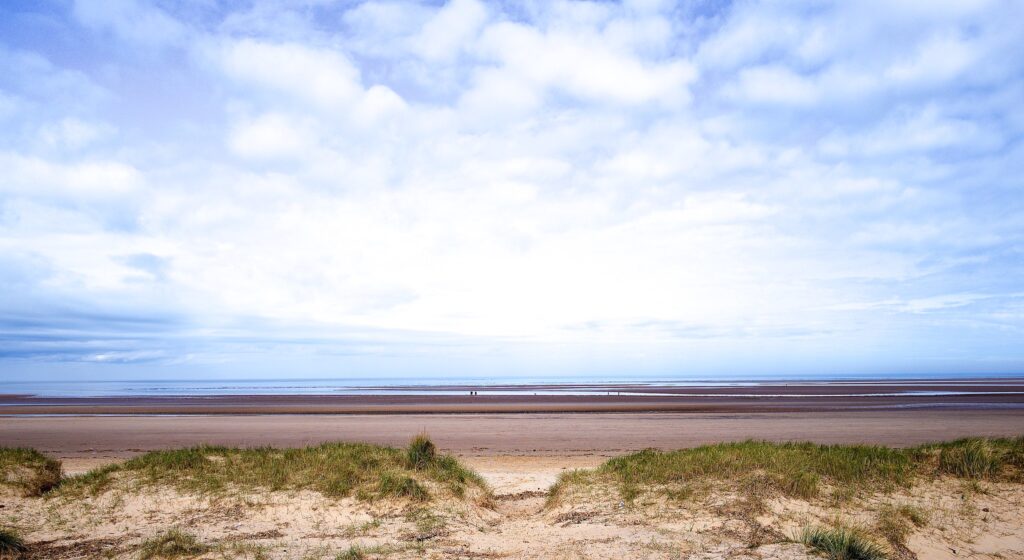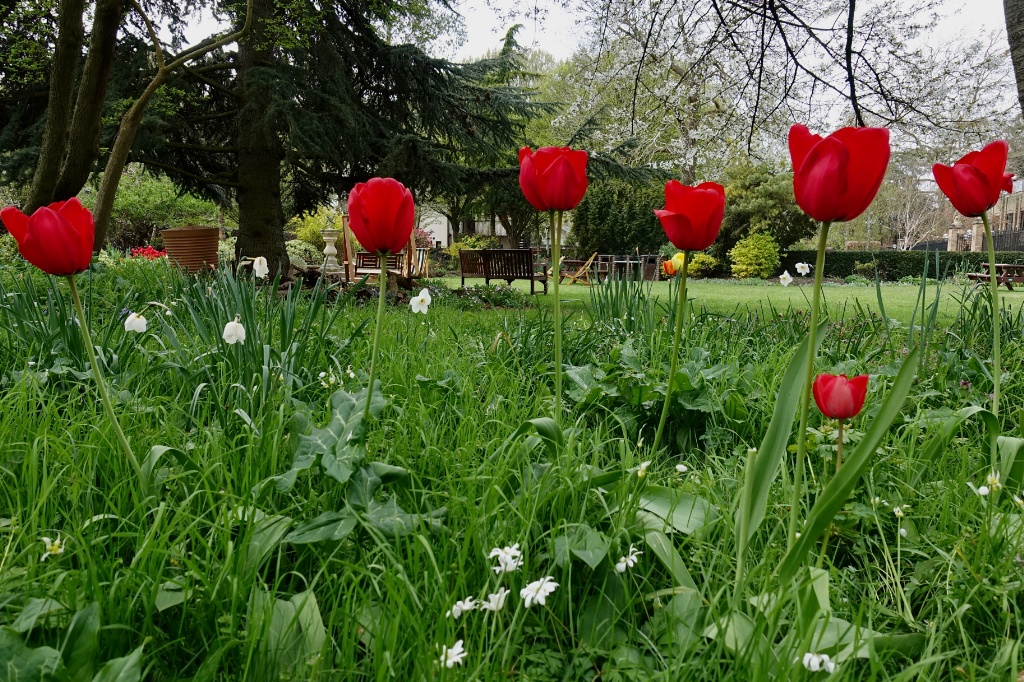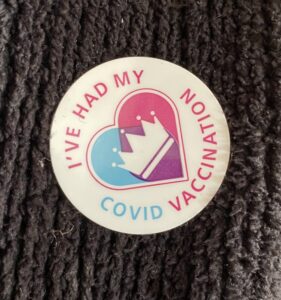Where I’d like to be today.
Vox and the higher bullshit
Here are the first two sentences of a lazy piece by Peter Kafka on Vox.
Apple more or less invented podcasting. Now it’s finally going to try to make money from it.
The first sentence is completely wrong. The second is possibly true. Dave Winer is rightly infuriated by this kind of journalistic laziness, and points to Walter Isaacson’s terrific podcast episode on the actual history of the technology. It’s baffling how media people continually get things like this wrong. Invincible ignorance is a necessary but not a sufficient explanation; it’s also because they don’t know that most things in tech have a history.
Quote of the Day
“Never interrupt your enemy when they are making a mistake.”
- Napoleon Bonaparte
Musical alternative to the morning’s radio news
Vivace from Bach’s double concerto — but sung!
Magical. Many thanks to Seb Schmoller for spotting it.
Long Read of the Day
Everyone On Facebook’s Oversight Board Should Resign
Lovely *Wired piece by Jessica Gonzalez and Carmen Scurato on Facebook’s ludicrous ‘Supreme Court’.
It’s beyond comprehension why all those supposedly eminent people agreed to serve as Mark Zuckerberg’s ‘useful idiots’ (to use Lenin’s phrase about Western intellectuals). Could it have been the money?
I liked Charles Arthur’s summing-up on his Overspill blog:
The board is, very evidently, a very expensive (viewed from outside Facebook; cheap, inside it) figleaf. I suspect if anyone does resign, there will be a certain dambreaking effect. But it also means giving up a fat paycheque for doing very occasionally what content moderators do, for far less money, all day long.
Why anonymisation of personal data is a pipe-dream
Wonderful post by Cory Doctorow.
“Wanting it badly is not enough” could be the title of a postmortem on the century’s tech-policy battles. Think of the crypto wars: yeah, it would be super cool if we had ciphers that worked perfectly except when “bad guys” used them, but that’s not ever going to happen.
Another area is anonymisation of large data-sets. There are undeniably cool implications for a system that allows us to gather and analyse lots of data on how people interact with each other and their environments without compromising their privacy.
But “cool” isn’t the same as “possible” because wanting it badly is not enough…
It’s a great piece. We continue to see the planned releases of large datasets with assurances that they have been anonymised. And it’s standard practice to demand your “consent” to have your data shared once it has been de-identified.
This is, as Cory points out, a meaningless proposition. The ‘anonymised’ dataset that cannot be re-identified has yet to be invented.
To show just how easy re-identification can be, why not visit The Observatory of Anonymity, a web-app that shows you how easily you can be identified in a data-set?
Try it.
Click on the link, give your country and region, birthdate, gender, employment and education status and it tells you how many people share those characteristics.
I’ve just tried it. Conclusion: “If a record were to be found in any anonymous dataset matching your attributes, there is a 25% chance that this record actually belongs to you”.
And the moral? In Cory’s inimitable style: “You are far less of a haystack-needle than you think.”
Lina Khan’s Senate confirmation appearance
If you haven’t heard of Lina Khan before, then can I suggest that you take note. She’s a remarkable young woman who has done more to reshape how we think about antitrust than anyone since Robert Bork did (to malevolent effect) in 1978. And Joe Biden has nominated her as one of the five members of the US Federal Trade Commission, a wilfully somnolent body in recent years but one with great powers if it chooses to use them.
Matt Stoller watched her confirmation hearing and has this to say.
The most important thing to know about Lina Khan is that she is at heart an investigative journalist. When she was 15, she did a story on Starbucks for her school newspaper, and it got picked up by the New York Times. Before she became a lawyer, she did investigations on everything from the rise of big chocolate to airlines to poultry to banks to Monsanto’s appetite for data.
Her law review piece on Amazon came out of research she did on the economy as a news gatherer, and the investigation of big tech for the Antitrust Subcommittee was basically just high-quality journalism. Khan has what is necessary in a great enforcer and regulator, which is a sense of curiosity about how the world works. She starts with empirical reality, asking what’s happening in business and how it is shaped by the law.
Khan will be just one of five votes, so she won’t be able to run the commission herself. But her nomination is a huge deal. The FTC used to be an afterthought agency, a place to stack cronies with a nice cushy job flying off to Europe to attend privacy conferences, with the need to occasionally vote to permit a massive mega-merger. If nothing else, Khan’s nomination shows that is no longer the case.
Correction
I wrongly attributed the lovely Peatlands essay that was yesterday’s Long Read to Richard Gibbons rather than to Sami Emory. Richard was the photographer, but the words are Sami’s.
Apologies to both. And many thanks to Carrie Fitton for spotting it.
This blog is also available as a daily email. If you think this might suit you better, why not subscribe? One email a day, Monday through Friday, delivered to your inbox at 7am UK time. It’s free, and there’s a one-click unsubscribe if you decide that your inbox is full enough already!



